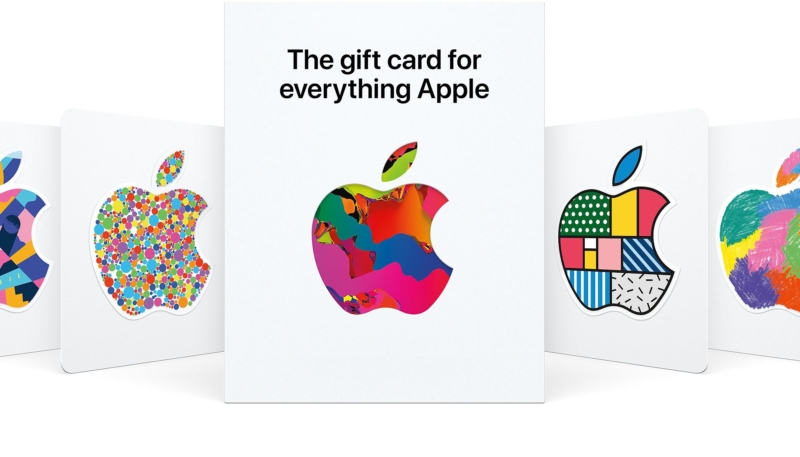Apple this week settled a 2020 lawsuit over its gift cars. The Cupertino firm had been accused of not providing assistance to victims of a bad actor scam involving Apple prepaid gift cards, while also benefiting from the scams. Apple and the plaintiffs have now reached an agreement with the help of a mediator.
As reported by Reuters, a filing with the federal court in San Jose, California, revealed that Apple has decided to settle the lawsuit. “They are drafting a formal settlement to be presented to U.S. District Judge Edward Davila for preliminary approval,” the report says.
A June 2020 11-count class action lawsuit was filed against the company by victims, saying Apple was lying to them when it said there was no way to trace or refund the value of the gift cards.
The lawsuit – filed in the United States District Court, Northern District of California. San Jose Division – claimed that Apple tells scam victims that it has no way to recover gift card funds once the money has been spent, but the lawsuit argued that this is not true.
A large and growing number of scams to steal money from victims involve pre-paid gift cards like department store cards and gift cards like iTunes gift cards.
The FTC says anyone who demands payment by gift card is always a scammer. These can include various imposters that might call you and claim to be from the IRS, collecting back taxes, interest, and fines. The caller may even claim to be from tech support of some sort, requiring payment for fixing your computer. Some scams involve the “Grandparent” scam where a caller poses as a family member in trouble who needs money immediately.
All of these scams have one thing in common though, as they involve an urgent need for the victim to send money immediately. Once victims buy a gift card, they will be instructed to supply the gift card number and the PIN number on the back of the card. That information allows the scammers to immediately access the money stored on the card.
Scammers then use the value of the store cards to buy laptops, smartphones, and other high-value items. iTunes gift card scams work a bit differently, as the gift cards are used to purchase apps owned by the scammers, resulting in a 70% payout of the money when paid by Apple.
Apple actually holds 100% of the funds for 4-6 weeks, between the apps being purchased and Apple paying the developer. During this time, the company is in a position to refund 100% of the card value. Plus, Apple also takes 30% of all App Store app sales, so it would always have the ability to refund at least that much, even if the scammer has already been paid.
It’s still unclear how much Apple will pay out to the victims and when they will receive any restitution. The case is Barrett et al v Apple Inc et al, U.S. District Court, Northern District of California, No. 20-04812.


